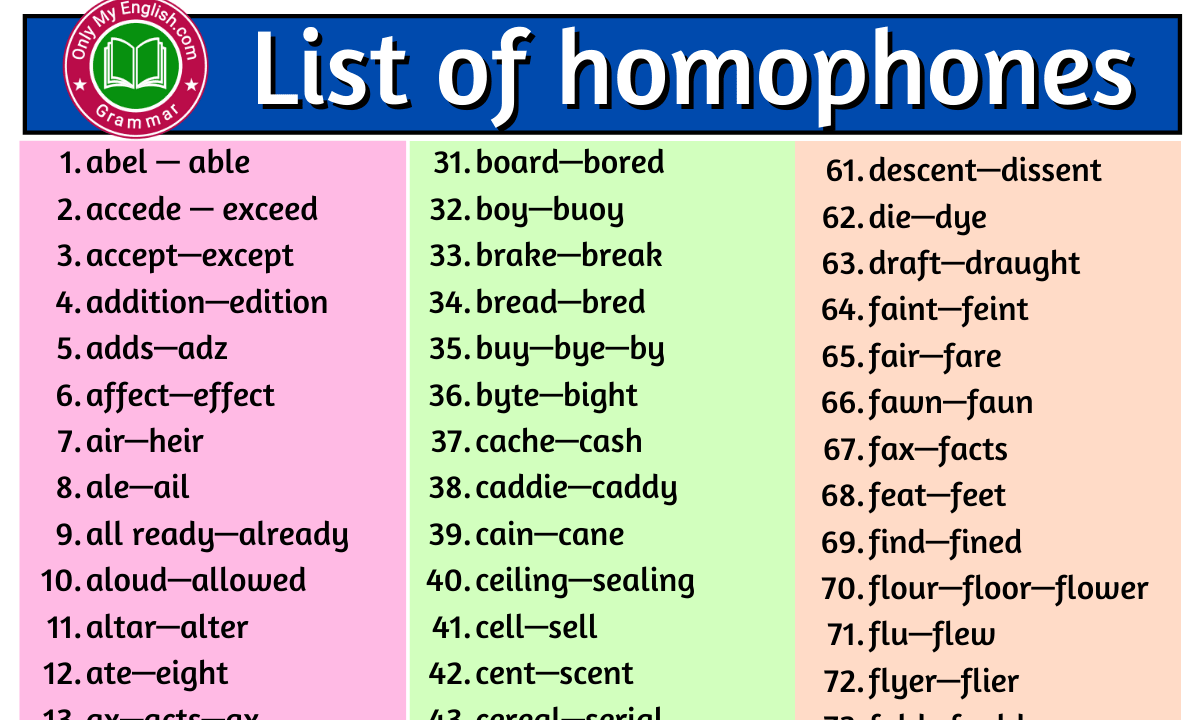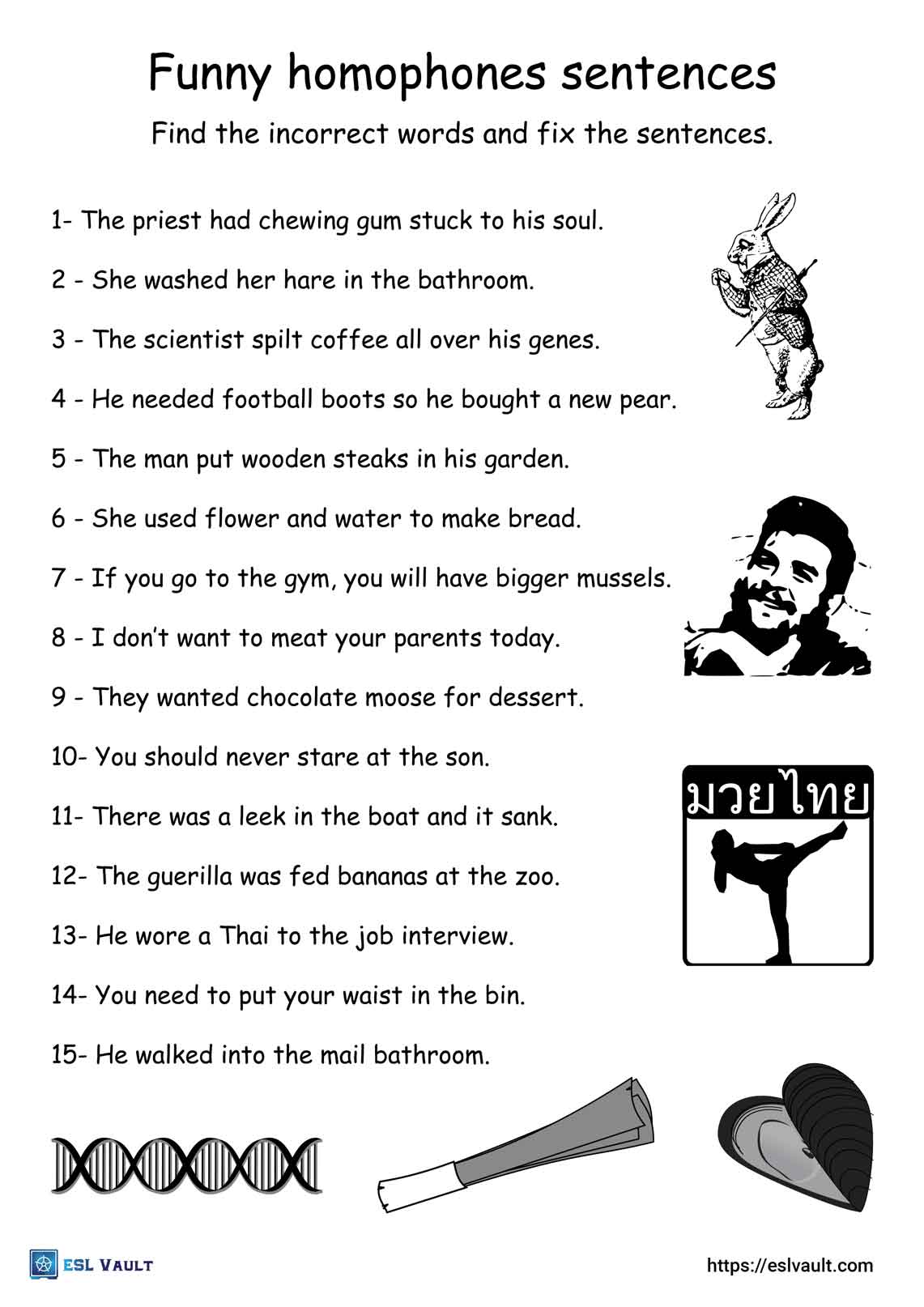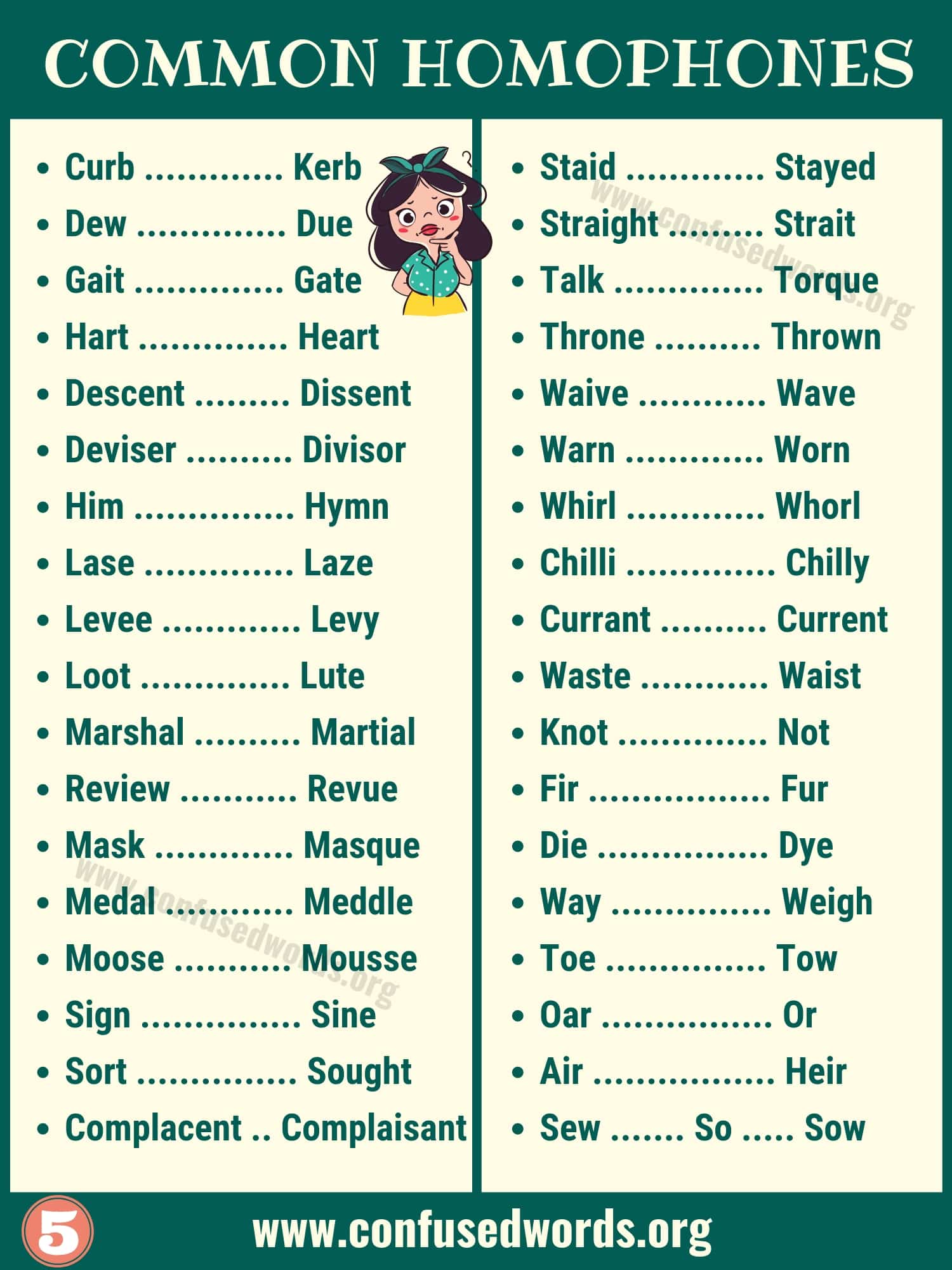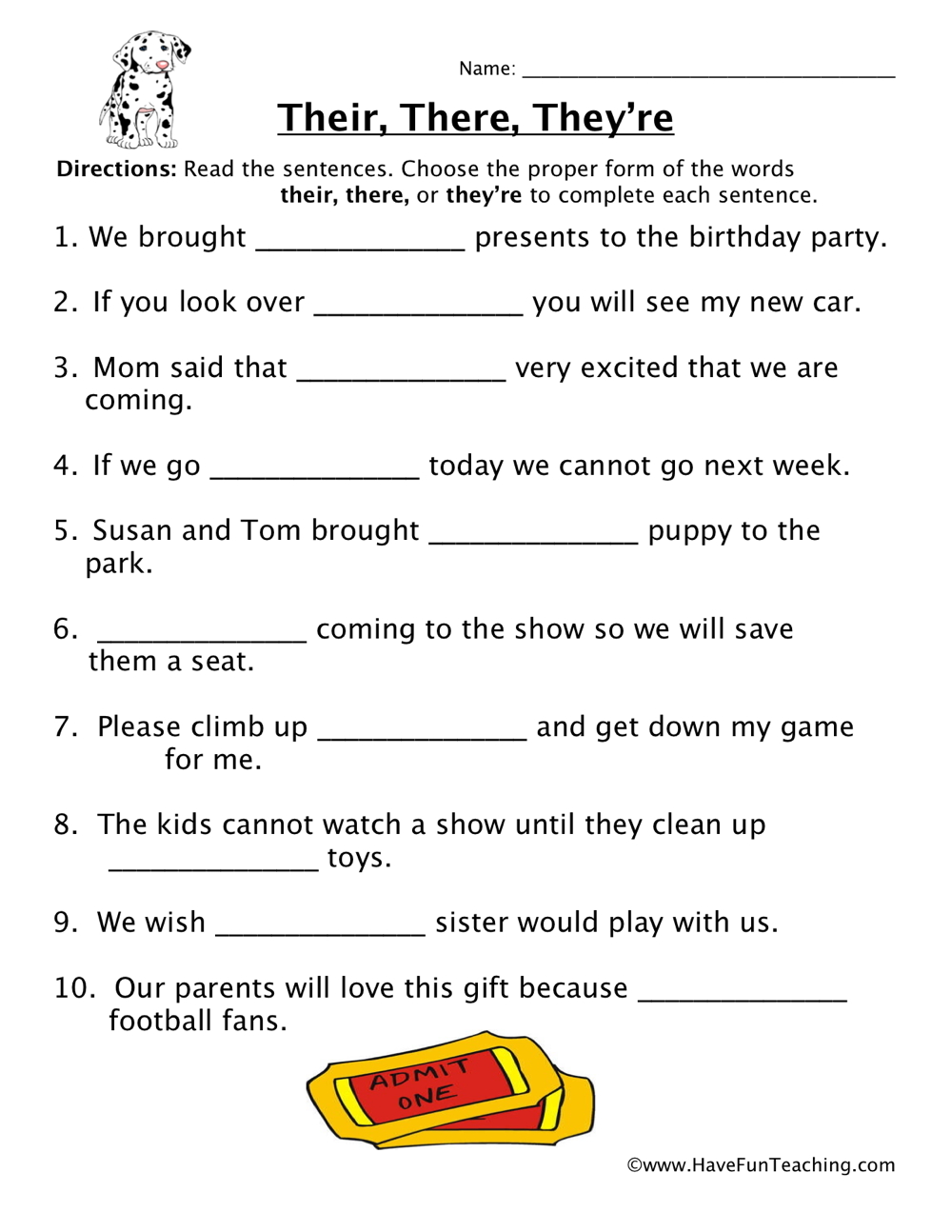
A homophone is a word that is pronounced the same (to varying extent) as another word but
What to Know Homophones are words that sound the same but are different in meaning or spelling. Homographs are spelled the same, but differ in meaning or pronunciation. Homonyms can be either or even both.

Sew, So, Sow Homophones, Easily confused words, Figure of speech
a word that sounds the same as another word but has a different meaning, or a different spelling and meaning: The words "sow" and "sew" are homophones. Readers often wrote in to complain about homophones ( complement, not compliment) and poor grammar. Compare homograph homonym Fewer examples

List of Common Homophones Words in English AZ »
The difference between so and very in implied-extent usage is that very is more descriptive or matter-of-fact, while so indicates more emotional involvement. For example, she is very clever is a simple statement of opinion; she is so clever suggests admiration. Likewise, that is very typical is a simple statement; that is SO typical of him! is.

Homophones In English Grammer Basic Homophones list for class 1 Kids YouTube
Updated July 19, 2022 Image Credits Homophones are pairs of words that sound the same, but have distinctly different meanings and different spellings. Understanding homophones is an essential part of mastering the English language, both for vocabulary building and spelling. 20 Common Homophone Pairs

3rd grade anchor chart Third Grade Writing Activities, Third Grade Reading Activities
A homophone ( / ˈhɒməfoʊn, ˈhoʊmə -/) is a word that is pronounced the same (to a varying extent) as another word but differs in meaning. The two words may be spelled the same, for example rose (flower) and rose (past tense of "rise"), or spelled differently, as in rain, reign, and rein.

Estudando a Língua Inglesa Lista com exemplo de mais de 150 palavras homófonas da língua inglesa
A homophone is each of two or more words that sound the same but have different meanings and often different spellings. English includes thousands of homophones. Because they are both similar and different, homophones can sneak past native speakers, so we can understand how they might especially puzzle those who are new to the language. The.

45 funny homophones sentences ESL Vault
The word "homophone" is used to describe a word that sounds the same as another word, but that has a different meaning. It comes from the Greek words "homo", meaning "same", and "phone", meaning "voice". The two (or more) words may be spelled differently, but just to make life difficult, they can also be spelled the same.

Homophones Big List of 180 Homophones with Examples Confused Words
Homophone, one of two or more words that sound the same but have distinctly different meanings. Homophones may be spelled differently, as in the words here and hear, or identically, as in the different meanings of the word bat, which can be defined as a stout stick or club or as a nocturnal flying

Homophone Example JOKE! YouTube
HOMOPHONE definition: 1. a word that sounds the same as another word but has a different meaning, or a different spelling…. Learn more.

Homophone Dominoes Speech Corner
3. Use proper collocations. Another useful method that can ease your way of memorizing and differentiating homophones among each other is to also analyze and memorize the collocations a particular homophone can be a part of. For revision's sake, collocations are word pairs or connections that can be naturally put together and always go hand in.

Resources Worksheets
Homophones exist for words not phrases, a homophone is two or more words that have the same pronunciation but different meanings, origins, or spelling (e.g. new and knew). So there is no.

Homophone Review Activity Classroom Must Haves
What Is a Homophone? A homophone is a word that sounds the same as another word but is usually spelled differently and has a different meaning. Homophones may consist of two or more words, although pairs are more common than three or more words that sound the same. Examples of homophones that have three words are to, too, and two, and their.

Pin on Dyslexia Products & Activities
Homophones: In this article, you will learn about homophones, their meaning, definitions and how they differ from homographs and homonyms.. So it is necessary that you understand and learn the difference between the homophone pairs. One way to remember them is by associating them with their functions and analysing which part of speech a.

Aiyah, English So Difficult angmohdan
Write with Grammarly Types of homophones Not all homophones are the same. When two words sound the same, but are spelled differently and have different meanings, they are known as homonyms. For example, "knead" and "need" are homonyms as well as homophones. Homophones can be further classified as homographs and heterographs.

Homophone a à as
Sole — Soul Some — Sum Sort — Sought Stare — Stair Stationary — Stationery Steal — Steel Stile — Style

A Teacher's Idea Why is Teaching Homophones So Hard?
The following list of 70 homophone pairs contains only the most common homophones, using relatively well-known words. These are headwords only. No inflections (such as third person singular "s" or noun plurals) are included. You can see more homophones in the graded homophones lists above.